Protein is one of the three macronutrients (the other two are carbs and fat) and is the most important nutrient needed. It keeps you full for a long time, helps with weight maintenance, and is needed to repair and build muscle tissue.
According to the USDA National Nutrient Database, nuts are a rich source of plant-based protein and essential amino acids, especially for people who eat little or no animal products. Nuts are great because they are packed with nutrients and antioxidants. They have been linked to many health benefits, including protection against heart disease, reduced blood sugar, and diabetes.
Nuts are a healthy source of plant protein. They make a convenient snack and can be added to many dishes to increase protein content, which is beneficial for weight loss and health.
Nuts, which are rich in essential nutrients, are also rich in iron, magnesium, potassium, and zinc, which support overall health. The following five nuts can help meet your protein needs, which are essential for building bones, muscles, and skin. Protein also increases satiety, helping you feel satisfied and energized:
1. Pumpkin seeds are rich in protein and essential nutrients
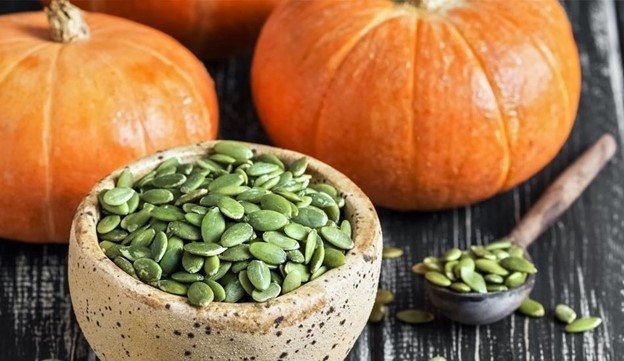
Pumpkin seeds are one of the best sources of protein and are also rich in essential nutrients.
A 1/2 cup (72 g) serving of unshelled pumpkin seeds provides 5 g of fiber, while a 1/2 cup (23 g) serving with the shell provides 1.5 g.
Pumpkin seeds are rich in fiber and good protein, which promote feelings of fullness and prevent overeating between meals, which can lead to weight gain or prevent weight loss. A six-month study in 345 adults on a low-calorie diet examined the effects of dietary composition on weight loss. Results showed that fiber intake promoted diet adherence and weight loss, regardless of calorie intake or any other nutrient.
2. Sunflower seeds
The next best source of protein is sunflower seeds. They are a nutrient-dense source of protein, healthy fats, fiber, and a variety of vitamins and minerals.
While exact nutritional values vary depending on how the sunflower seeds are cooked and flavored, 28 grams or about 1/4 cup of shelled, dry-roasted sunflower seeds contains the following: 165 calories, 3 grams monounsaturated fat, 9 grams polyunsaturated fat, 7 grams carbs, 3 grams fiber, 5.5 grams protein.
Sunflower seeds provide 21 essential vitamins and minerals, including 49% of the recommended daily value (DV) for vitamin E and 41% DV for selenium per 28g serving.
Because of their high fat content, sunflower seeds are high in calories. However, the type of fat found in sunflower seeds is specifically unsaturated fat, which is very beneficial for the heart. Research shows that unsaturated fat helps lower LDL (bad) cholesterol levels in the blood and reduces the risk of heart disease.
Sunflower seeds are one of the best sources of vitamin E, which is needed by the body to repair damaged skin, improve eyesight and prevent diseases.
The nutrients in this seed may aid weight loss by increasing feelings of fullness, maintaining muscle mass, and helping you stick to a weight loss plan more effectively.
3. Pistachios provide as much protein as an egg
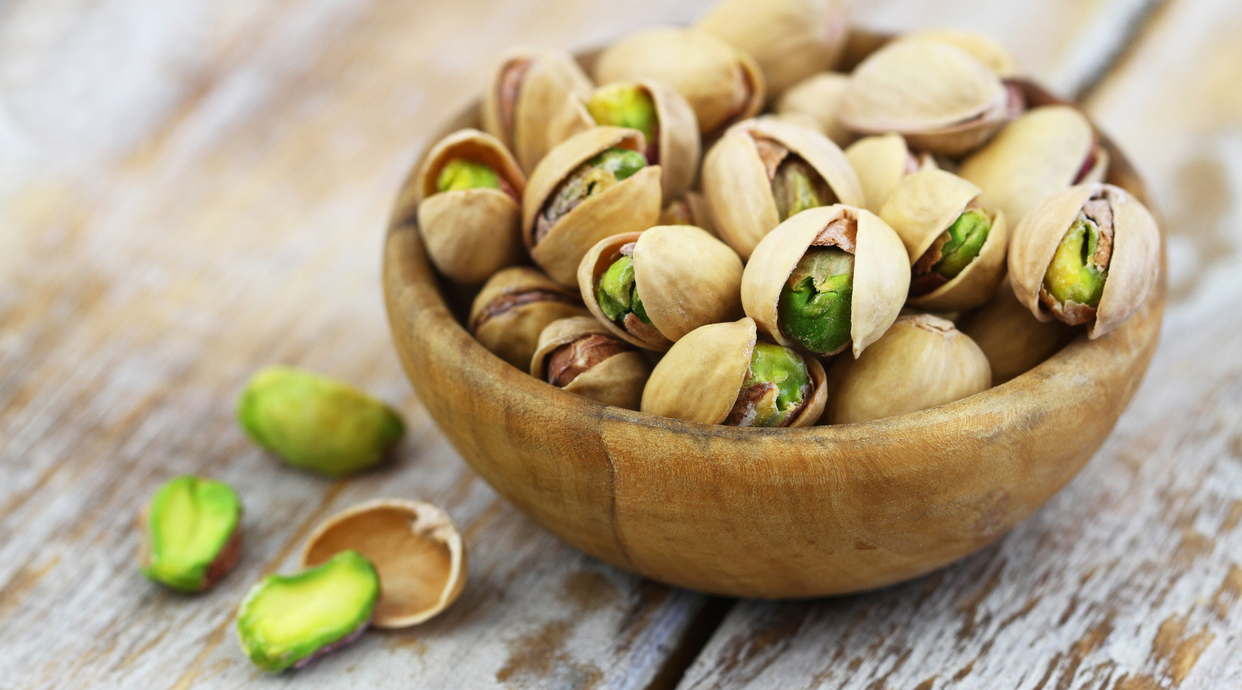
Pistachios provide lots of protein.
Protein: 6g per 1/4 cup (30g). A serving of pistachios provides as much protein as an egg. Pistachios have a higher ratio of essential amino acids to their protein content than most other nuts. Essential amino acids are those that must be supplied through the diet so the body can use them to make proteins needed for vital functions.
Pistachios are high in protein, fiber, and monounsaturated fats. These are all good for weight loss because they take longer to digest, so you feel less hungry.
4. Cashews are rich in protein and several important vitamins and minerals.
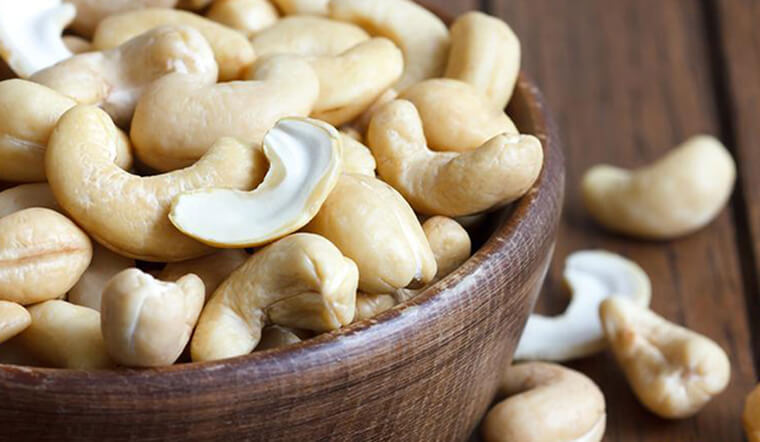
Cashews are rich in protein which helps in weight control and helps in reducing osteoporosis.
Protein: 5 grams per 1/4 cup (32 grams). Cashews are not only rich in protein, but also contain several important vitamins and minerals. A 1/4 cup (32 grams) serving provides about 80% of the Daily Value (DV) for copper. Copper is a mineral that supports immunity and helps make red blood cells and connective tissue.
Studies have also found a link between low copper intake and an increased risk of osteoporosis, a condition characterized by weak and brittle bones. So, adding more copper to your diet by eating cashews may be a way to help protect against this condition.
Although high in energy, cashews can be beneficial for weight control when consumed in moderation. Their combination of healthy fats, protein, and fiber promotes feelings of fullness, curbs appetite, and reduces overall calorie intake.
5. Peanuts have very high protein content.
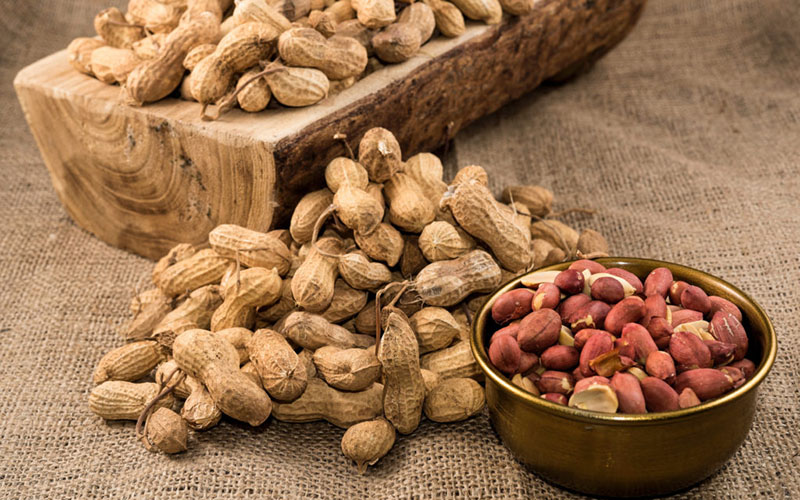
Peanuts are high in protein.
Protein: 9.5g per 1/4 cup (37g) serving. Peanuts are a legume, but are considered nuts from a nutritional and culinary standpoint. Like most beans, they provide a good source of plant-based protein. In fact, peanuts have the highest protein content of any commonly consumed nut.
Peanuts are also one of the best food sources of biotin, a vitamin that helps convert food into usable energy in the body.
Peanuts may aid weight control by helping you feel fuller for longer. For best weight loss results, choose roasted or boiled varieties, without added salt or flavorings, and pay attention to portion sizes.
Source: https://giadinh.suckhoedoisong.vn/5-loai-hat-giau-protein-giup-giam-can-tot-cho-suc-khoe-172240925142321015.htm


![[Photo] Closing ceremony of the 18th Congress of Hanoi Party Committee](https://vphoto.vietnam.vn/thumb/1200x675/vietnam/resource/IMAGE/2025/10/17/1760704850107_ndo_br_1-jpg.webp)





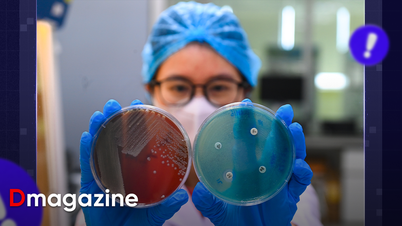

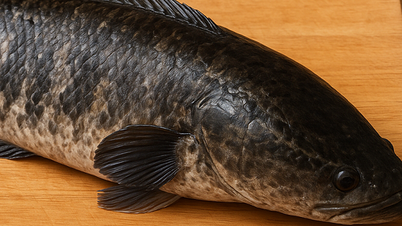

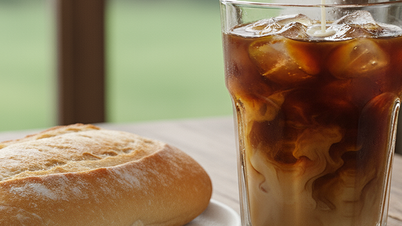








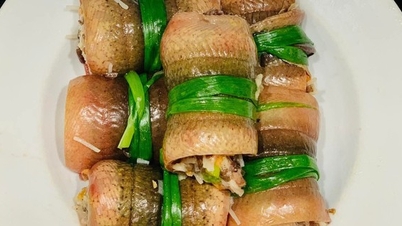

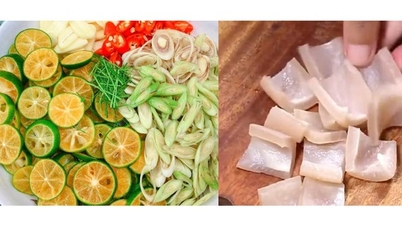



![[Photo] Nhan Dan Newspaper launches “Fatherland in the Heart: The Concert Film”](https://vphoto.vietnam.vn/thumb/1200x675/vietnam/resource/IMAGE/2025/10/16/1760622132545_thiet-ke-chua-co-ten-36-png.webp)










































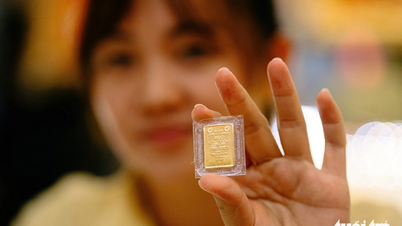



















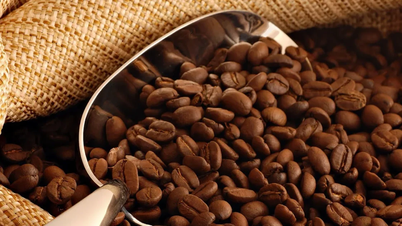
















Comment (0)